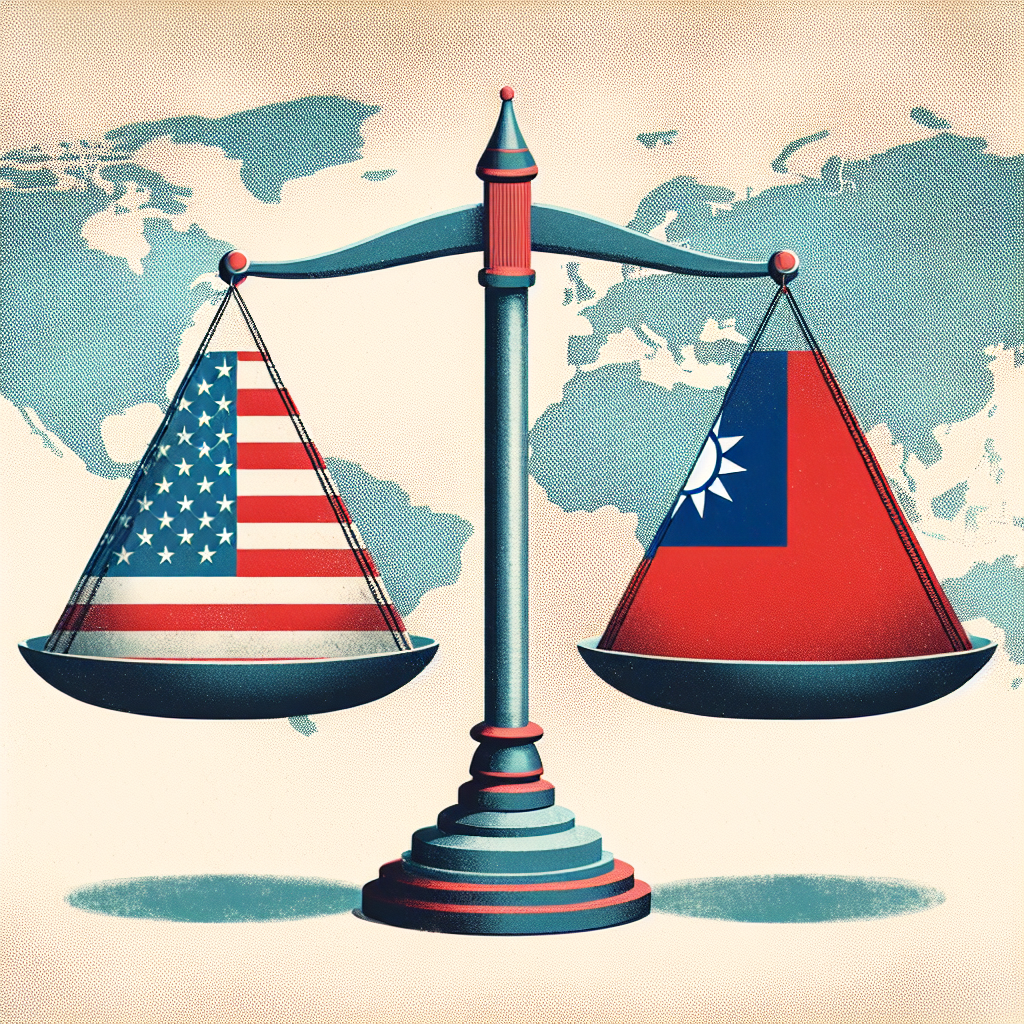US Alters Stance on Taiwan Independence Language
US Alters Stance on Taiwan Independence Language
Introduction
The United States has recently adjusted its diplomatic language concerning Taiwan’s independence, signaling a nuanced shift in its foreign policy approach. This change reflects the complex geopolitical dynamics in the Asia-Pacific region and the US’s strategic interests.
Key Changes in Language
The US has made subtle yet significant modifications to its official statements regarding Taiwan, which include:
- Emphasizing support for Taiwan’s self-determination without explicitly endorsing independence.
- Reaffirming the US’s commitment to the One China policy while advocating for peaceful resolution of cross-strait issues.
- Highlighting the importance of maintaining the status quo to ensure regional stability.
Implications for US-China Relations
This shift in language has several implications for the US-China relationship:
- Potential for increased diplomatic tensions as China views Taiwan as a breakaway province.
- Opportunity for dialogue and negotiation to prevent escalation of military confrontations.
- Reaffirmation of US support for Taiwan’s democratic governance and international participation.
Reactions from Taiwan and China
The response from Taiwan and China to the US’s altered stance has been mixed:
- Taiwan: Welcomes continued US support but remains cautious about the implications for its sovereignty.
- China: Criticizes the US for interfering in its internal affairs and warns against encouraging separatist movements.
Conclusion
The US’s revised language on Taiwan independence reflects a strategic balancing act aimed at supporting Taiwan’s democratic values while managing its complex relationship with China. This development underscores the importance of diplomatic finesse in navigating the intricate geopolitics of the Asia-Pacific region.




































